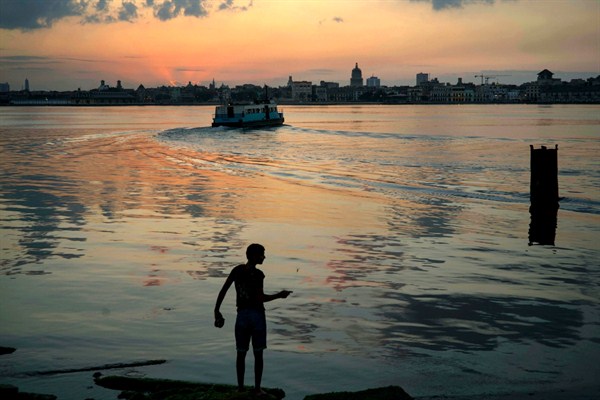On Nov. 26, Cubans will go to the polls to elect delegates to 168 municipal assemblies, the first step in an electoral process that will culminate next February when the National Assembly, Cuba’s parliament, will select a new president. In 2013, when Raul Castro pledged not to seek a third term, he also imposed a two-term limit for all senior government and Communist Party leadership positions. That means the succession will replace not only Castro but almost all the remaining members of the “historical generation” who fought to overthrow Fulgencio Batista’s dictatorship in 1959.
The changing of the guard comes at a delicate political moment. Castro’s ambitious economic reform program, the “updating” of the economy, is still a work in progress and has yet to significantly raise the standard of living of most Cubans. Moreover, it is encountering resistance from state and party bureaucrats who are loath to lose control over the levers of economic power and the perks those provide. The economy has also been struggling because of declining oil shipments from Venezuela, which sells oil to Cuba at subsidized prices, helping to ease Cuba’s chronic shortage of hard currency. The political and economic chaos engulfing Venezuela has caused oil production to decline, and shipments to Cuba are running 13 percent below last year and 37 percent below their peak in 2008. The resulting energy shortage has forced Cuba to impose drastic conservation measures and pushed the economy into a mild recession last year.
Listen to William LeoGrande discuss this article on WPR's Trend Lines Podcast. His audio begins at 18:42:

